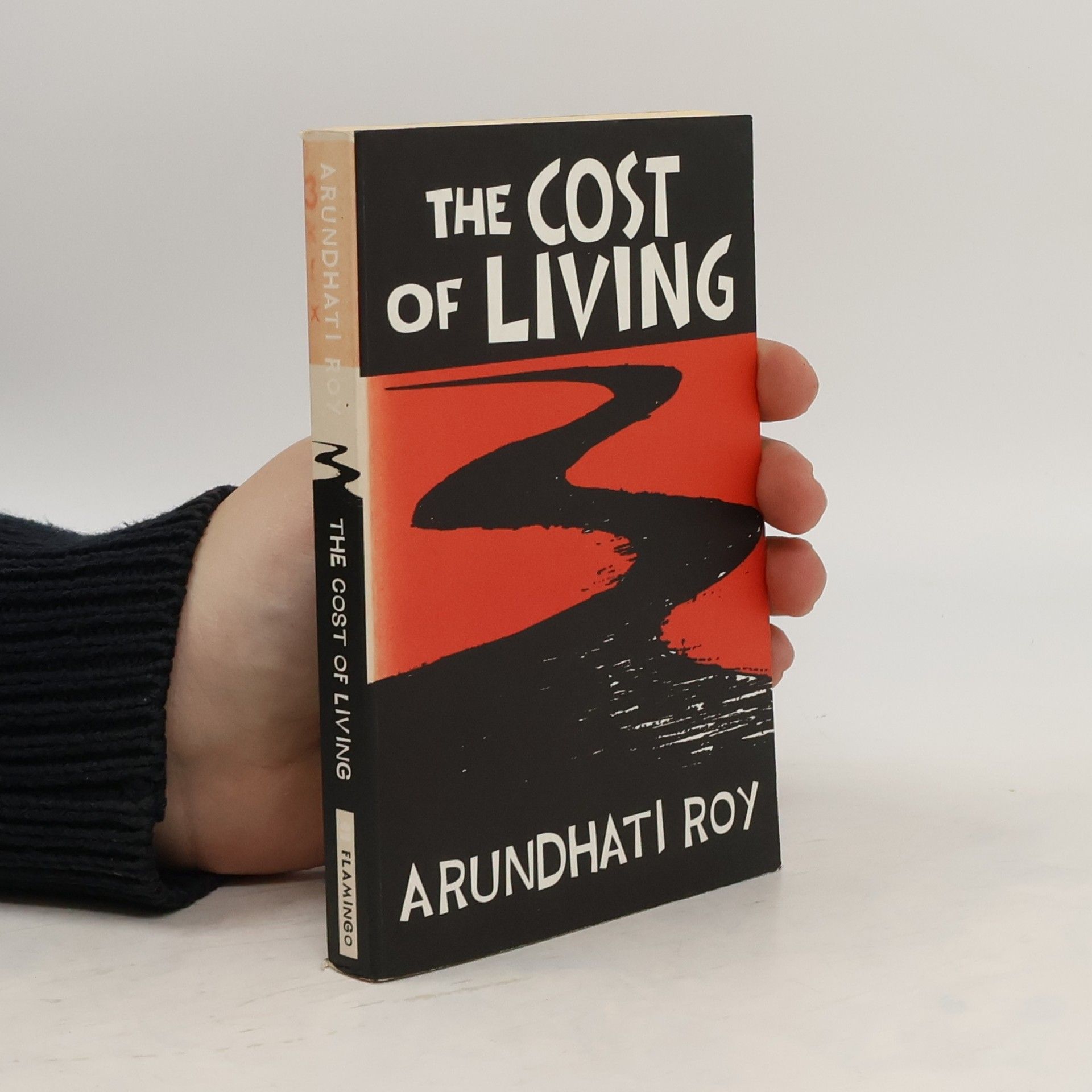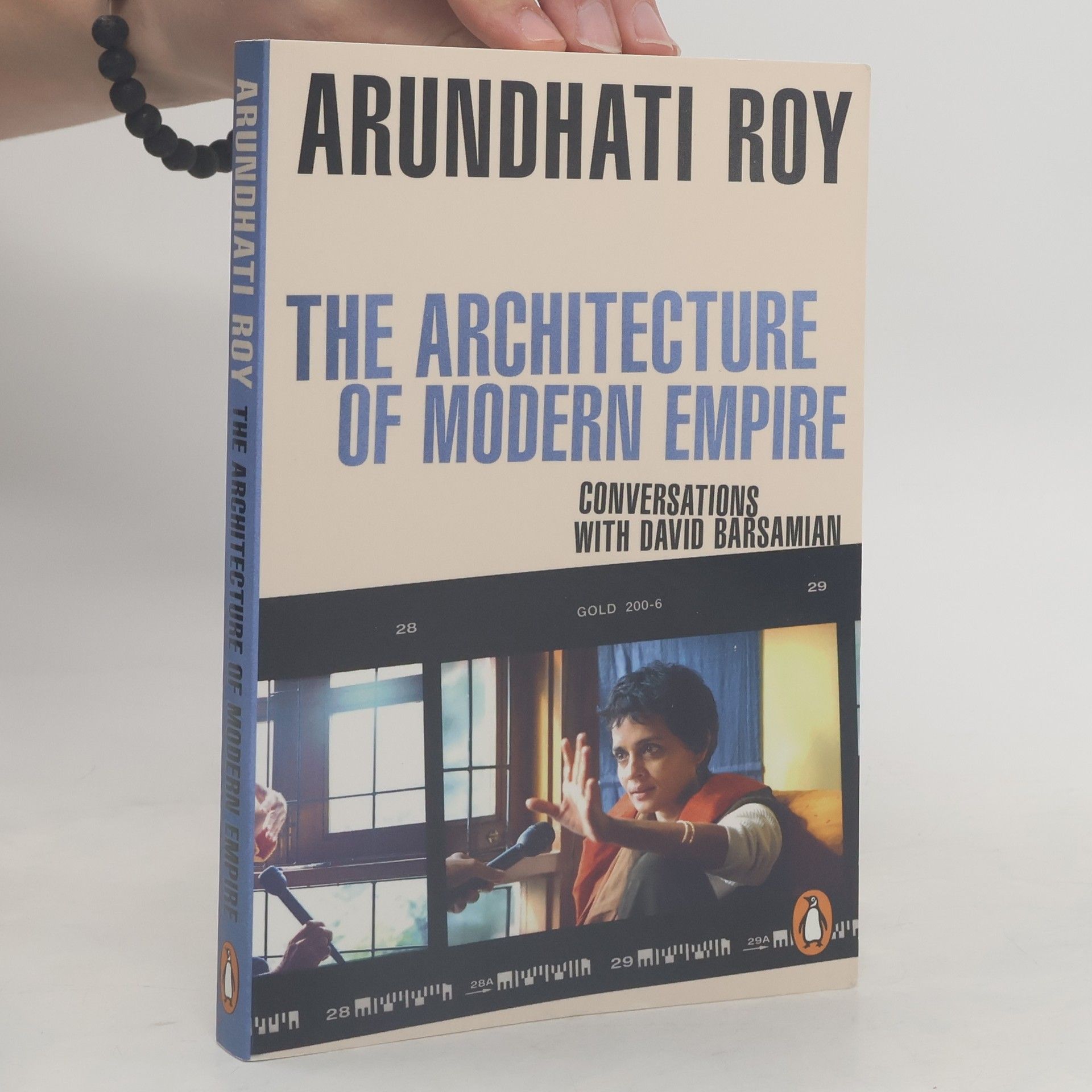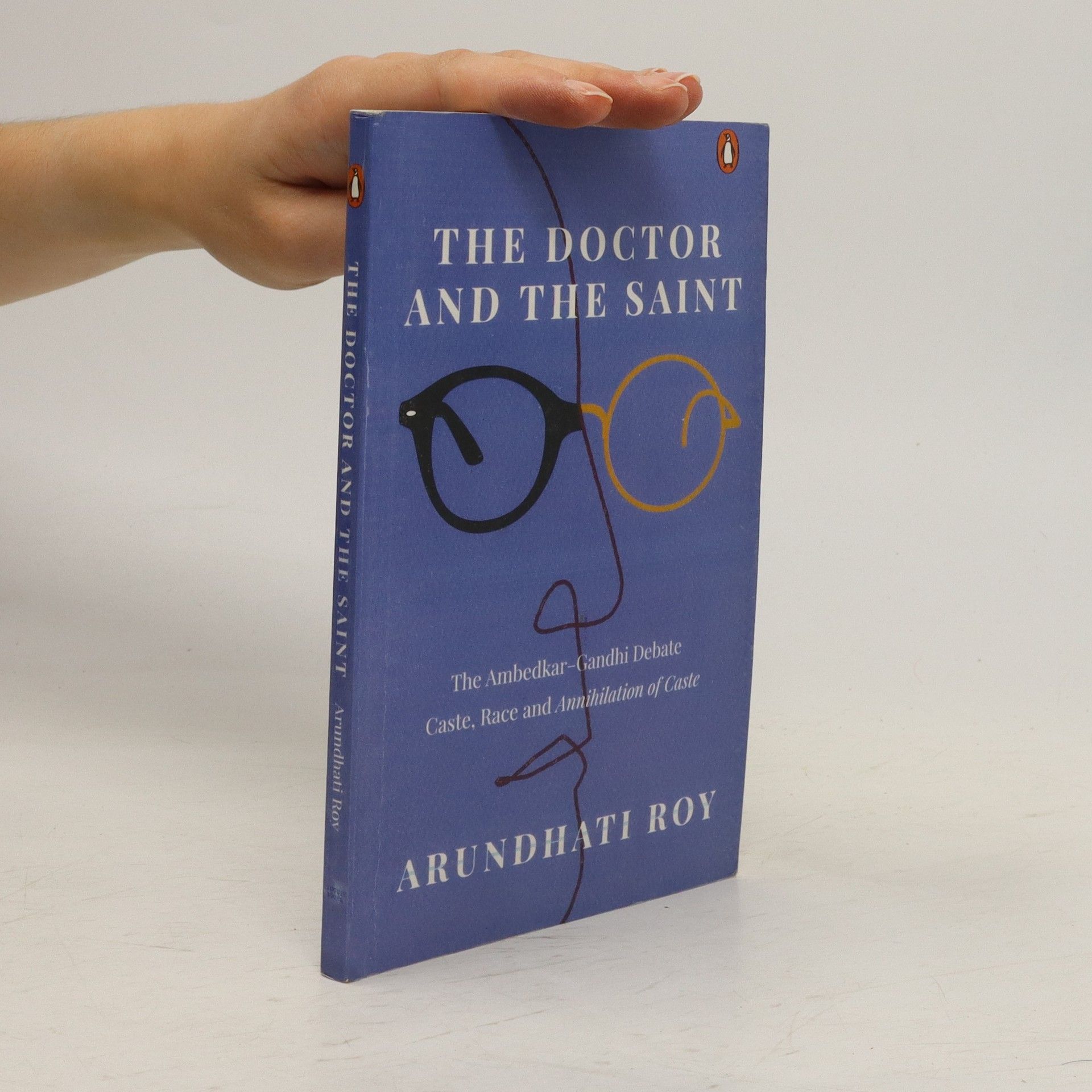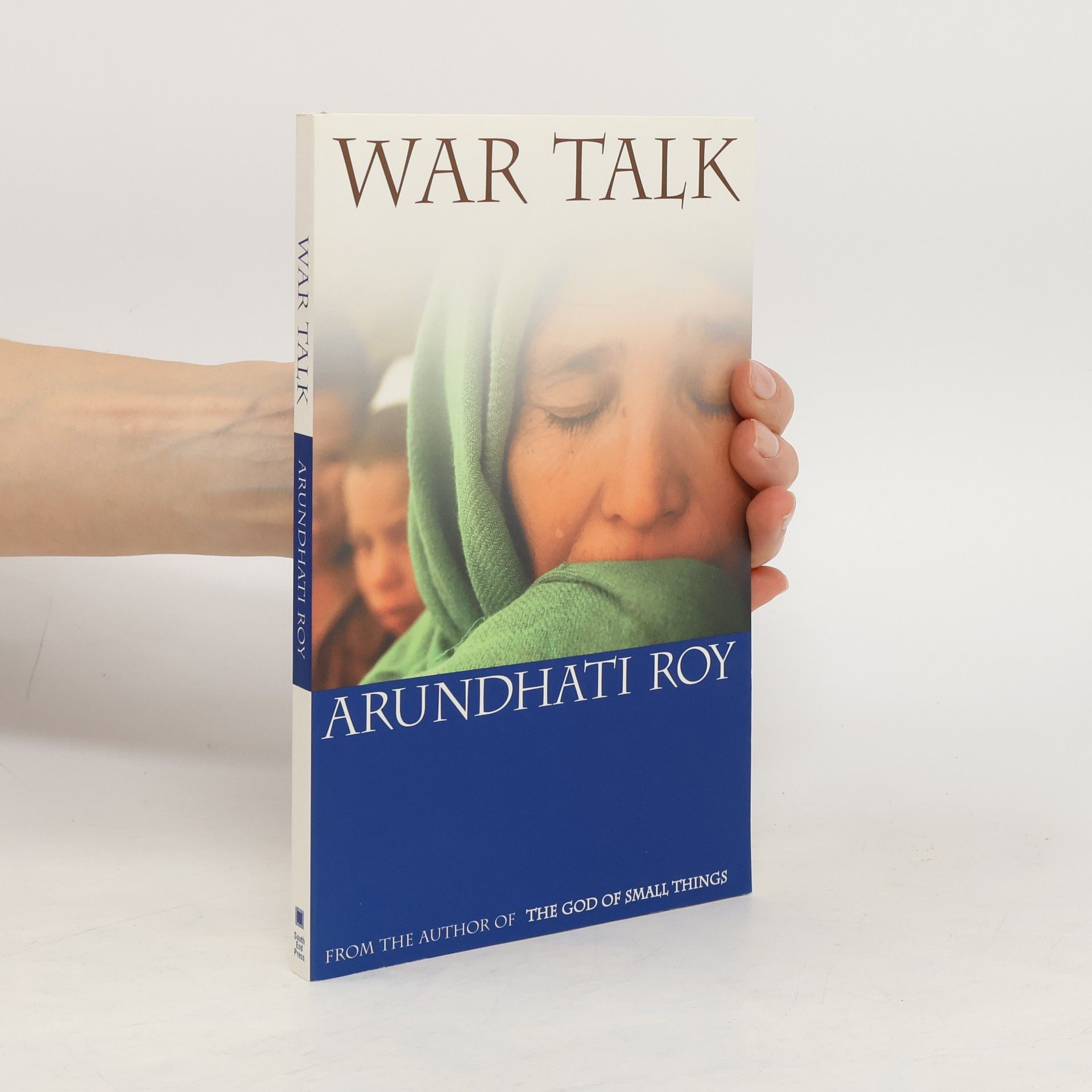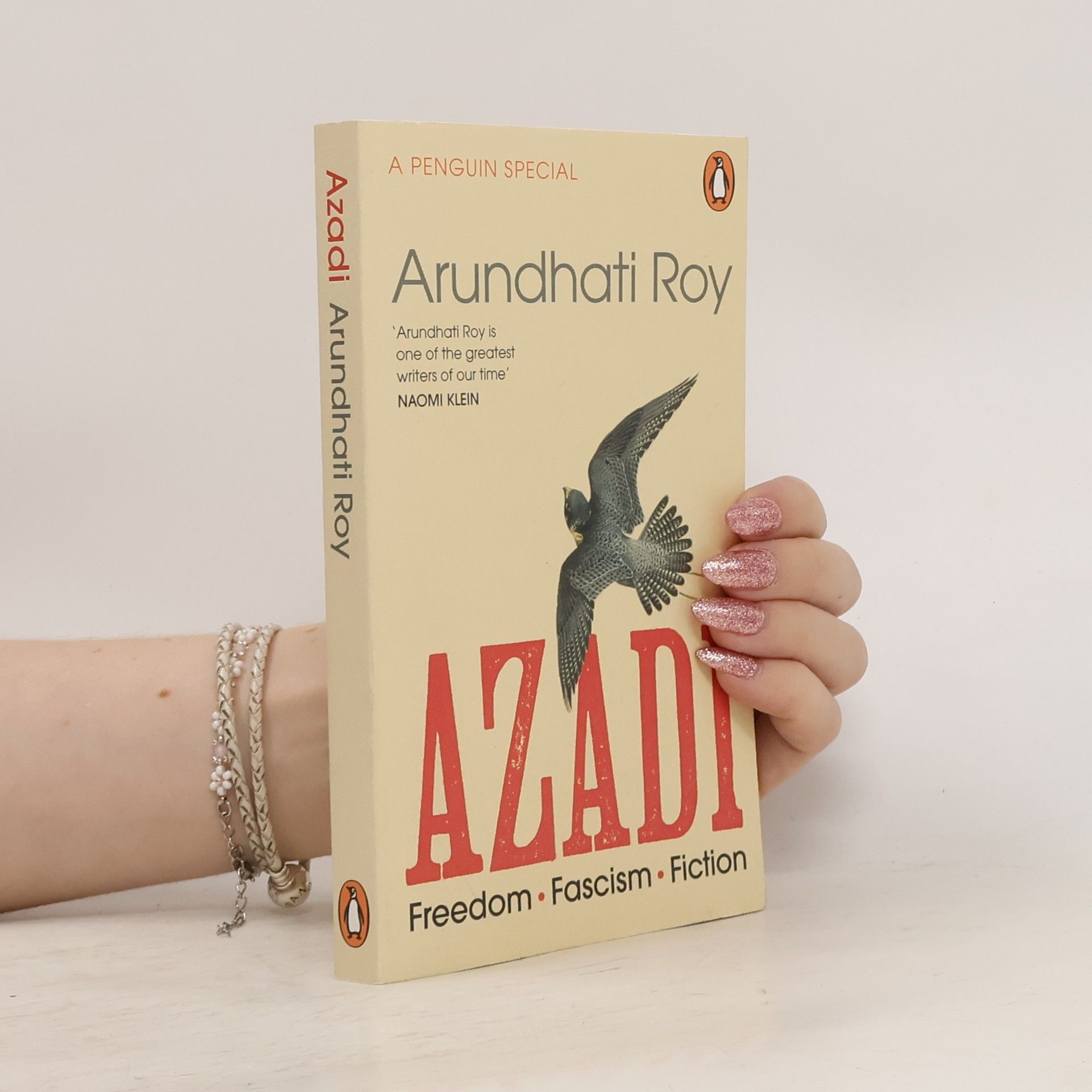My Seditious Heart
- 1040 pages
- 37 hours of reading
Bookended by her two extraordinary novels, The God of Small Things (1997) and The Ministry of Utmost Happiness (2017), My Seditious Heart collects the work of a two-decade period when Arundhati Roy devoted herself to the political essay as a way of opening up space for justice, rights and freedoms in an increasingly hostile environment. Taken together, the essays speak in a voice of unique spirit, marked by compassion, clarity and courage. Radical and superbly readable, as they speak always in defense of the collective, of the individual and of the land, in the face of the destructive logic of financial, social, religious, military and governmental elites.

